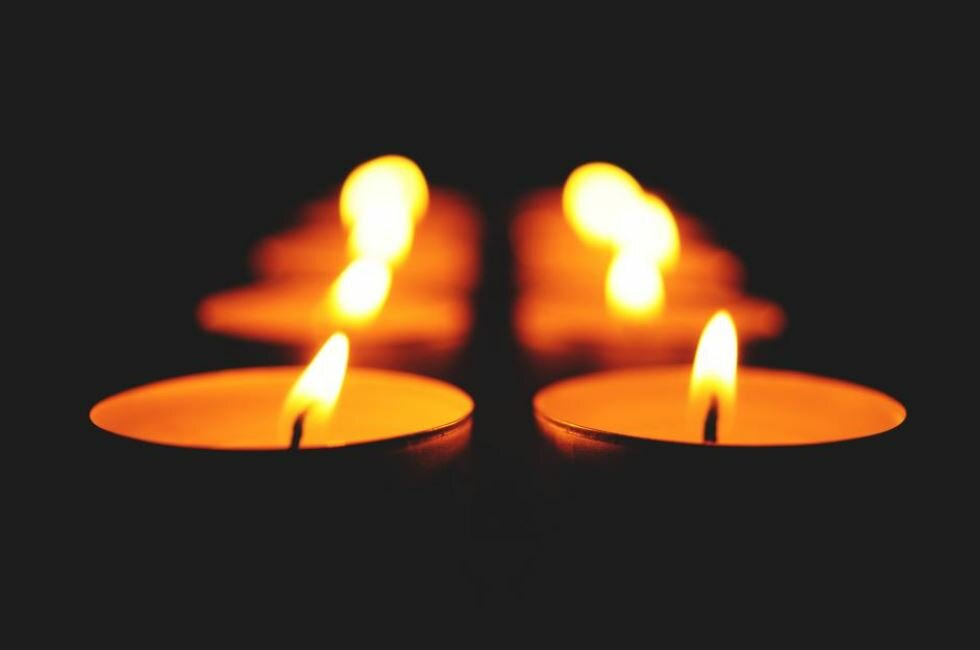For Immediate Assistance: (815) 626-1131
7 Things That Happen When You Die
Monday, January 30, 2023
Many people don’t know much about death, funerals, and cremation services in Fulton, IL. Are you wondering what happens when you die?
Here is information about the body as it goes through the final stages of life and onto the next.
- Death – The first thing that happens after a death is the body stops working. There are many ways the body can stop working, but it often includes loss of interest in eating a drinking, slowing of breath, and the eventual shut down of all the organs. Once the brain begins to shut down, the body may make involuntary movements and, when death has occurred, the bowels and bladder may evacuate.
- Medical Professional Review – A medical professional will always check a body for signs of life before making a death pronouncement. These signs of life include pulse, breath, reflexes, and pupil dilation. If there are no signs of life, they will pronounce death.
- Death Certificate – The local government or state will officially record the death and create the death certificate. The death certificate is completed by the doctor, certified by the state, and passed along to the next of kin.
- Burial or Cremation – Depending on the deceased’s final wishes, the body will either be buried or cremated. After the cremation, the remains can be scattered, buried, placed in an urn, or a manner of other final dispositions.
- Decomposition – Decomposition begins a few minutes after death with a process called autolysis, which is when enzymes destroy the cells and tissues in the body. The brain is usually the first organ to begin autolysis. After about 25 minutes, the body will enter pallor mortis, which is when it pales from lack of blood flow. Livor mortis, or the blood vessels collapsing and pooling, happens about an hour or two after death. Then the body moves into algor mortis, or cooling. It cools about 2 degrees every hour until it reaches the temperature of the air around it. Finally, the body enters rigor mortis, which is when it stiffens from muscle chemical changes.
- Notification of the Family – After death pronouncement, the family will be notified of the death by another loved one or a doctor, nurse, coroner, or police officer. After receiving word of a death, its best for the bereaved begin preparing for the funeral or cremation right away. They should call the funeral home or cremation provider as they will help guide the bereaved through next steps.
- Service Planning – The deceased’s next of kin will make arrangements for a funeral service or memorial service. Oftentimes the deceased will have left instructions for such a service. In these cases, the next of skin should follow the instructions. If the deceased did not leave instructions, the funeral director or cremation provider will help guide the deceased through the planning process.
Do you want to learn more about what happens after a death or Fulton, IL cremation services? Call or visit us today for more information about what we can do for you.
Previous Posts
The Role of Music in Creating Memorable Funerals
Since 1975, Schilling Funeral Home & Cremation has been dedicated to offering families compassionate and personalized funeral services. With nearly five decades of experience, we have earned a ...
Choosing Locations for Cremation Memorials
Choosing the right location for a cremation memorial is a deeply personal and meaningful decision. At Schilling Funeral Home & Cremation, we understand how crucial it is to create a space that ...
Benefits of Pre-Planning Funerals Explained
Planning a funeral is never an easy task, especially during an emotionally turbulent time. Preplanning is a thoughtful and practical choice to alleviate stress and ensure that your final wishes or ...
Questions to Ask Providers about Cremation Memorials
When it comes to planning cremation services Amboy, IL, several important questions can help guide your decision-making process. Schilling Funeral Home & Cremation understands the emotional and...
Why Pre-Planning Funeral Services Makes the Perfect Sense
Pre-planning your funeral services with funeral homes Amboy, IL, can be an invaluable gift for your loved ones, offering numerous benefits during a challenging time. At Schilling Funeral Home &...
Why More Families Are Choosing Direct Cremation
In recent years, there has been a significant shift in how families handle the final rites of loved ones. At Schilling Funeral Home & Cremation, we have observed a growing preference for direct...
Supporting Families in Need with Funeral Homes
When a family faces the loss of a loved one, the overwhelming grief can be compounded by the logistical challenges of arranging a funeral. In these tender moments, the support provided by professio...
Steps to Planning a Touching Cremation Memorial
Losing a loved one is an undeniably challenging experience. Amidst this emotional turmoil, planning a fitting cremation services Fulton, IL, can provide a sense of closure and serve as a beautiful ...
The Role of Funeral Homes in Grief Support
At Schilling Funeral Home & Cremation, we understand the profound impact of losing a loved one. Grief is complex and deeply personal, and the support provided during this time can be crucial fo...
Planning a Meaningful Cremation Service
Planning meaningful cremation services Amboy, IL, is an essential step in honoring a loved one’s life. At Schilling Funeral Home & Cremation, we believe that every life is unique, and so should...







Comments